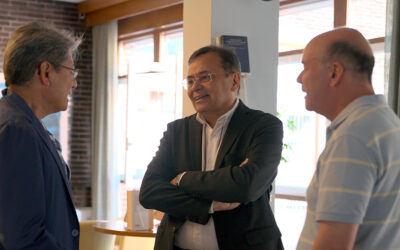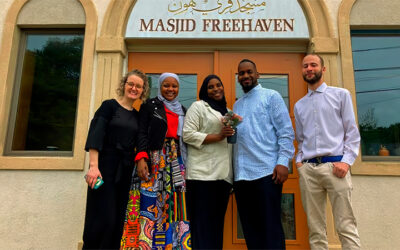“As they looked at him, He was lifted upward, and a cloud hid Him from their eyes” (Acts of the Apostles). The event known as The Ascension, that is, the Transfiguration and passage of Jesus into the kingdom of glory, concludes the visible permanence of God among men. It is a prelude to Pentecost and marks the beginning of Church history. The episode, described by the Gospels of Mark and Luke, and in the Acts of the Apostles, is a very ancient celebration documented since the 4th century. For the Catholic Church and the Protestant Churches, The Ascension is celebrated 40 days after Easter (in the Gregorian calendar, the feast fell on Thursday 25 May). In the Orthodox Church, it is one of the 12 main feasts, and this year it coincides with the Catholic feast.
Love is shown through action
Love is shown through action




0 Comments